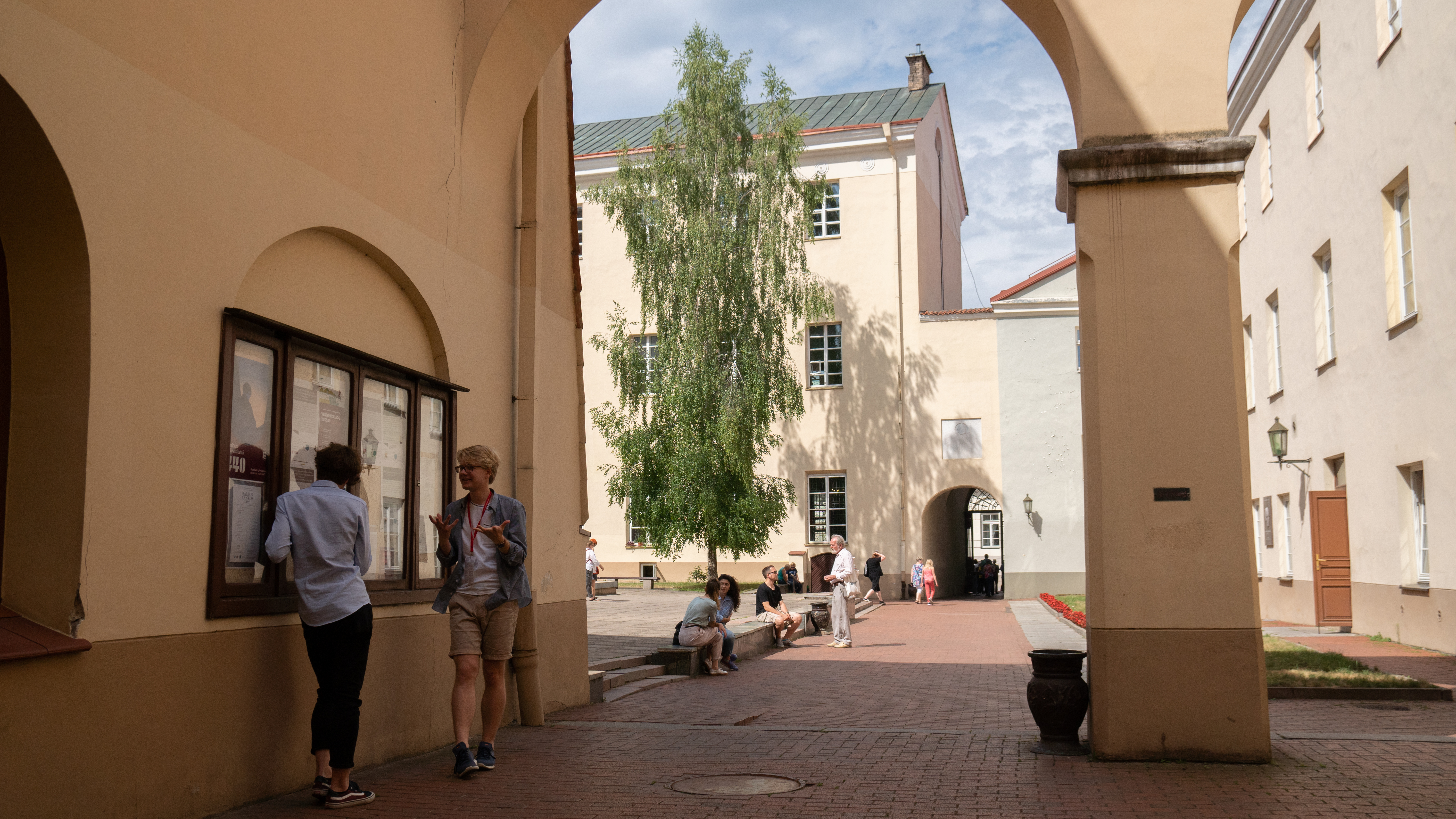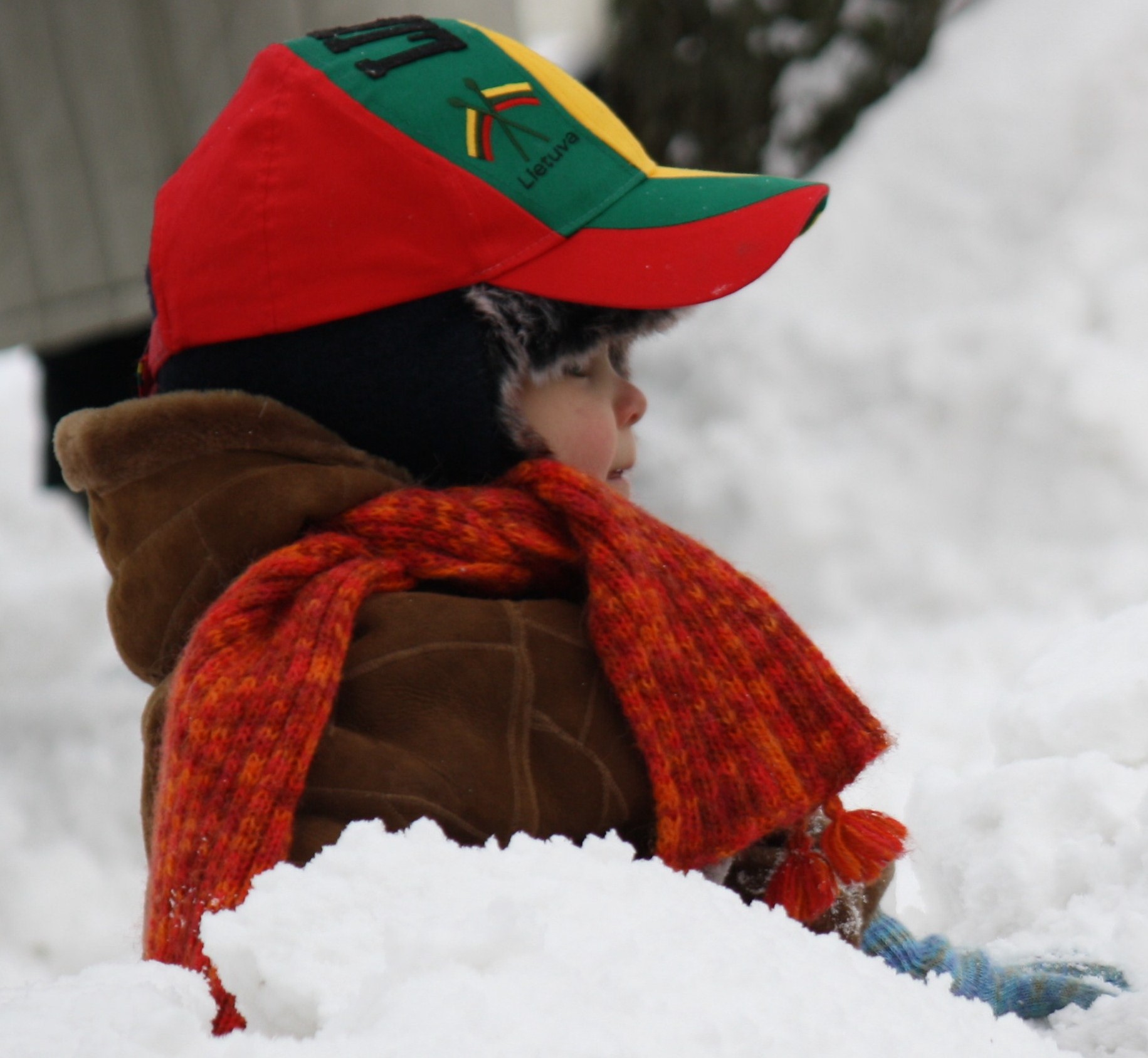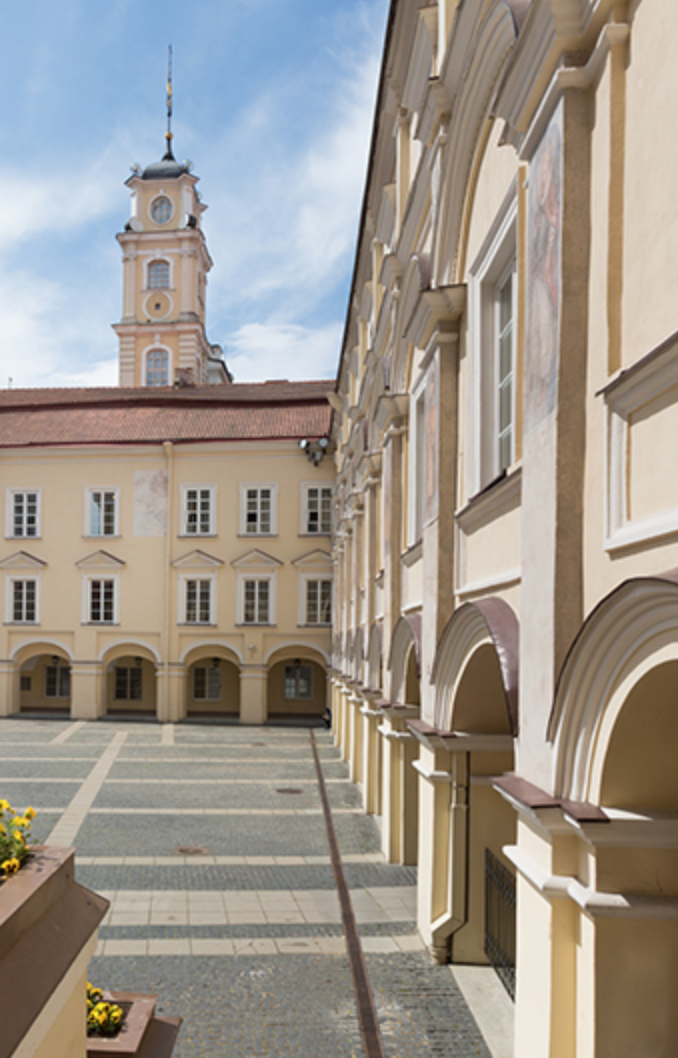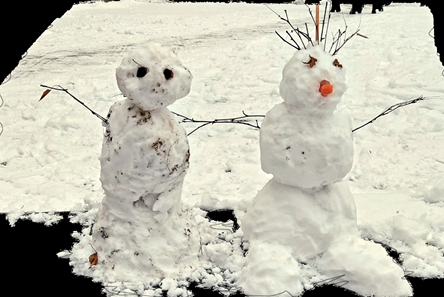Adress to the community
2 March 2022
Dear members of the community of the Faculty of Philology,
In Vilnius University, the Faculty of Philology is one of the most multilingual and multicultural, which is our huge advantage and strength. This is a fundamental prerequisite of many of our unique projects and everyday work, it helps maintain our professionalism and openness to people of all races, nations, genders, religions, languages, opinions, and lifestyles. We are also a peace-loving community supporting those who are wrongly accused or disadvantaged, helping all experiencing injustice or humiliation.
In the context of the most atrocious war, many of us have become more sensitive and vulnerable to the surrounding world. However, I would like to encourage you all to concentrate and proceed with your everyday tasks, to discuss, to talk to each other, to solve problems, just to go on living. Let us also make sure that we still adhere to and cherish our key academic and human values, let us respect one another.
I am convinced that each and every member of the community of the Faculty of Philology is a patriot of his/her country and also aware how fragile our common world may be, especially if assailed by suspicion or accusation on the grounds of race, gender, nationality, religion, language, opinion, or lifestyle. Let us try to avoid it. I trust you, I am happy to work together with you.
If you are concerned about suspicious emails or experience humiliating attacks, write to me or call me.
Thank you all for your understanding.
Kind regards,
Professor Inesa Šeškauskienė
Dean of the Faculty of Philology


 Dear colleagues,
Dear colleagues, We invite you to participate in the 6th international conference of applied linguistics Language and people: problems and solutions. The conference will take place on 29–30 September 2022, Faculty of Philology, Vilnius University.
We invite you to participate in the 6th international conference of applied linguistics Language and people: problems and solutions. The conference will take place on 29–30 September 2022, Faculty of Philology, Vilnius University.